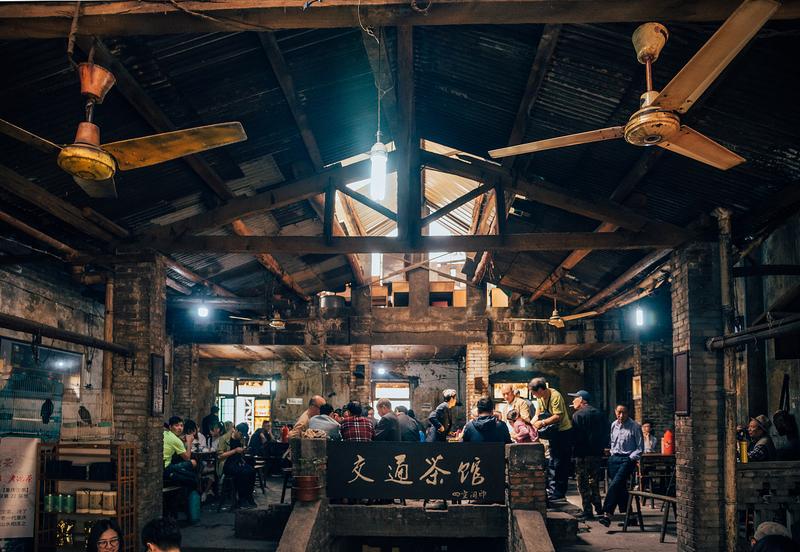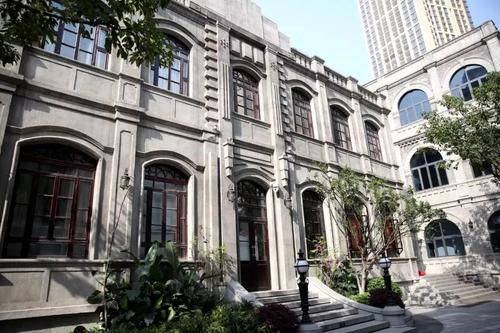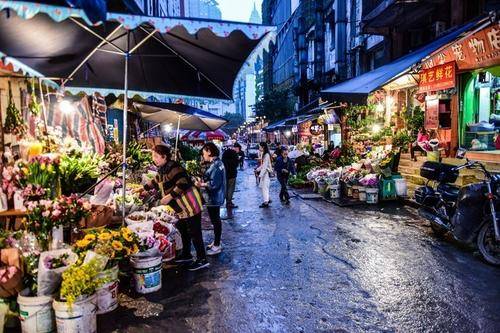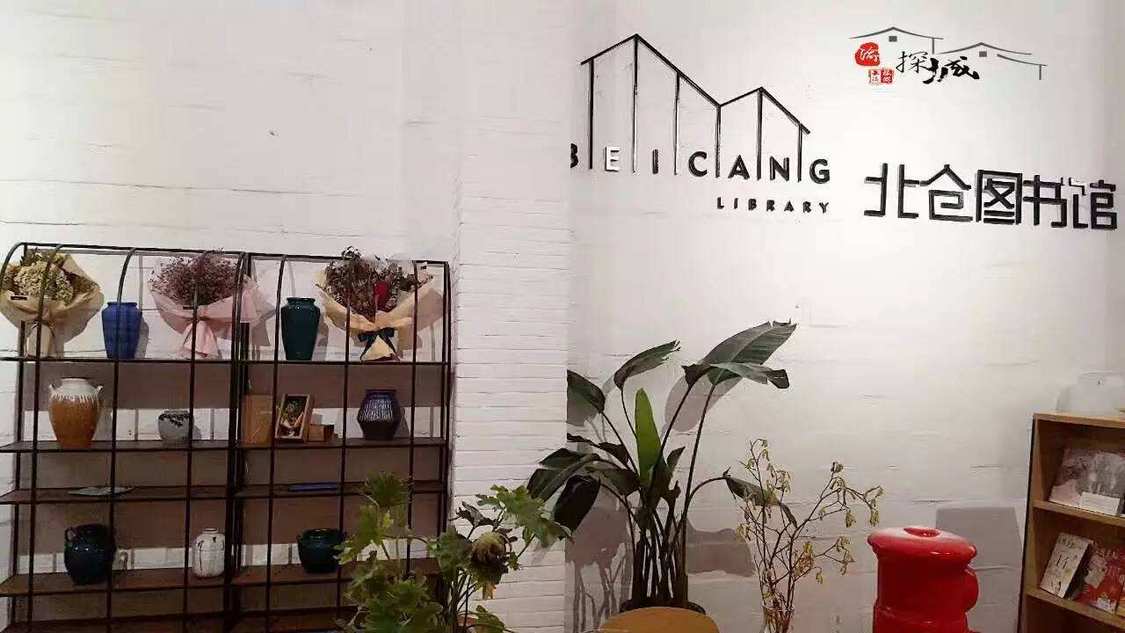Located on the north bank of the Yangtze River, the 24-story Baixiang Residence is the real-life version of 'Monument Valley', a Rubik's Cube building by the riverside. Tourists rarely come here, as the 24-story building lacks an elevator. This place features Liu Bo's home from the movie 'Chongqing Hot Pot', and you can find leisurely residents playing cards and chess. In short, this place embodies the true flavor of Chongqing.
Luzu Temple Street is located on Minsheng Road between Jiefangbei Sun Moon Light Center and the International Trade Hotel. From the perspective of the locals, 'Luzu Temple' also includes nearby Shihuishi, Sixian Alley, Xinmin Street, and Datong Road. During the day, this place is a flower market and vegetable market, where old craftsmen cut and sew. At night, a group of late-night old canteens take over, offering a rich variety of smells and tastes.
Located in an inconspicuous doorway in a corridor next to the Sichuan Fine Arts Institute in Huangjueping, Jiaotong Teahouse has been in operation for over 30 years. This teahouse has two floors connected by a six-step staircase. Originally, there was a stage and Sichuan opera performances, but as costs increased, the owner was unwilling to raise prices, and long-time patrons of ten or twenty years continued to watch the performances. This is also a filming location for the movie 'Crazy Stone,' and nowadays, more and more young people are coming here.
Huangjueping Main Street
In the dead of night, while graffiti artists elsewhere can only quietly unleash their creative desires, the entire street of Huangjueping is filled with an artistic atmosphere, with bizarre graffiti covering every wall. This boldness has transformed the originally shabby street into the world's largest graffiti gallery.
Located in the bustling Guanyinqiao area, it houses Chongqing's industrial heritage - the Jiangbei Textile Warehouse. This industry is in decline, and the economy is shifting; the decline is inevitable. The textile factory was fortunate to encounter a group of young people who love it, and under the name 'Textile Factory,' they revitalized its dormant body. The most striking feature of Beicang is its library. The high ceilings allow designers to fully utilize the space. The words 'Beicang Library' are painted in white on the rusty iron door. Climbing the mottled and dark stairs to the third floor, steel beams and columns support this utopia. The library is not large, with floor-to-ceiling windows on all sides, ample sunlight, and filled with books about old Chongqing. Picking up any book can transport you through time and space.













